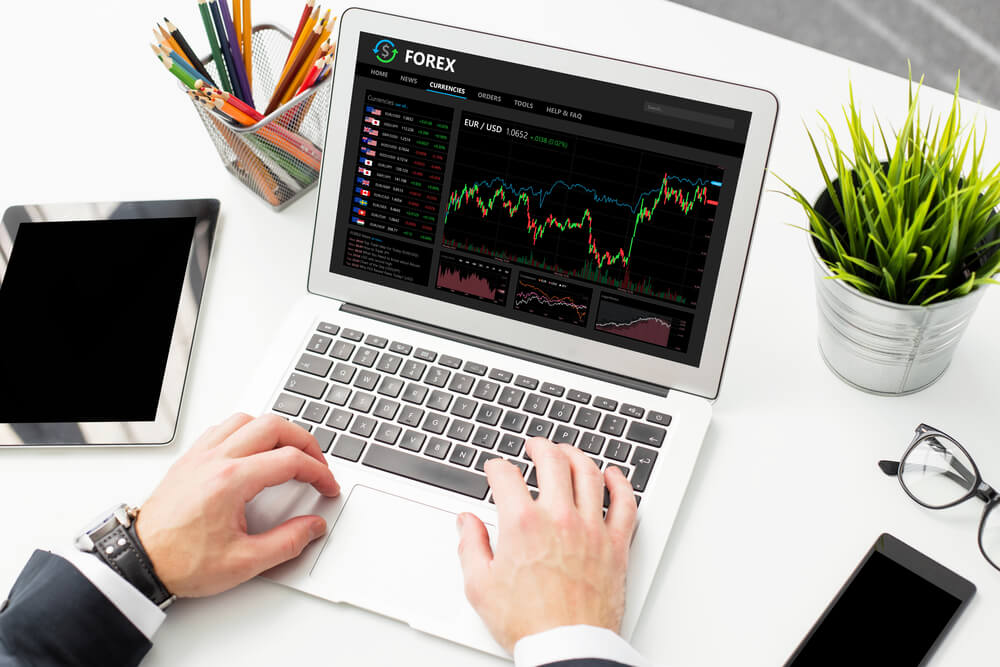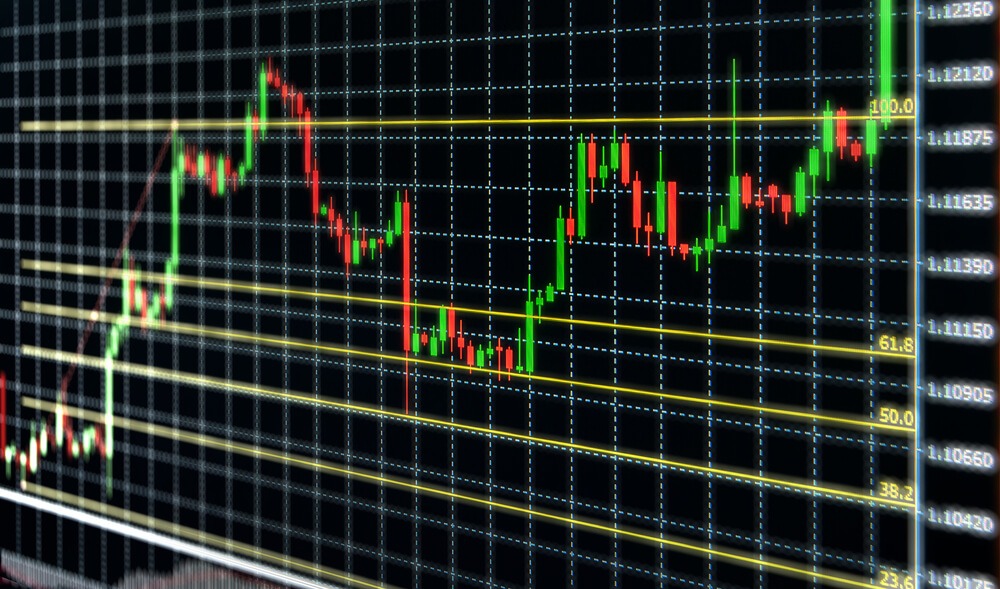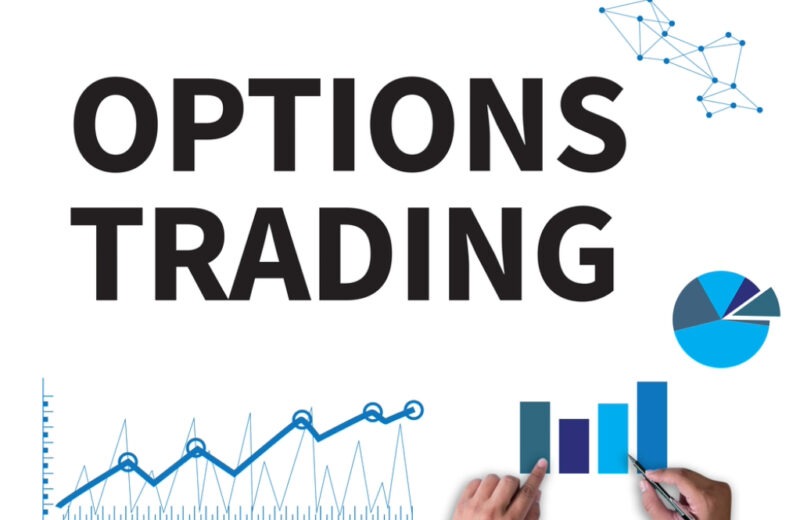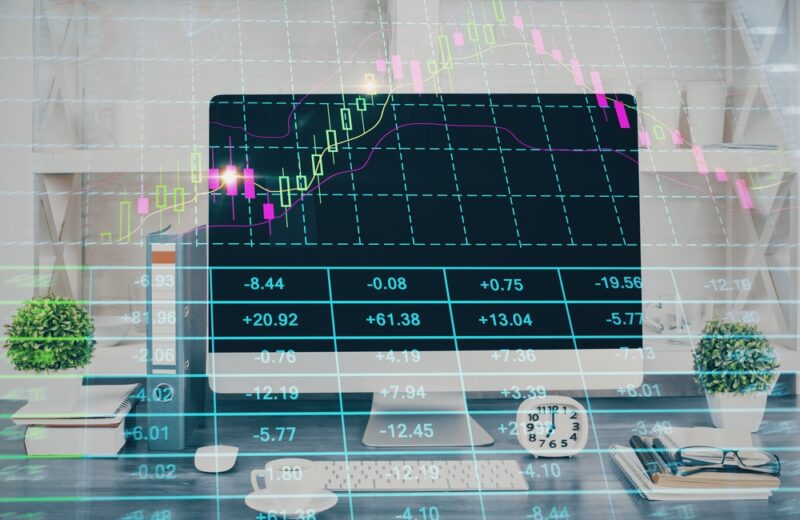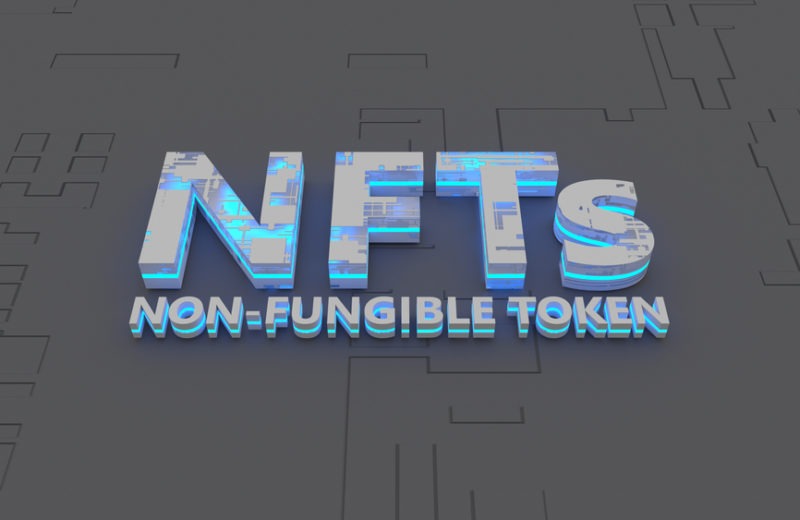Dealing Desk Versus No Dealing Desk Forex Brokers
Key Takeaways:
- Understanding the distinction between Dealing Desk and No Dealing Desk forex brokers is essential for traders, as each operates differently.
- Dealing Desk brokers act as market makers, profiting from clients’ losses and potentially having a conflict of interest, while No Dealing Desk brokers route orders directly to the market without taking the opposing side of trades.
- No Dealing Desk brokers offer access to high liquidity pools and competitive prices, with variations such as STP, ECN, and DMA, each catering to different trading needs.
- Regardless of broker type, traders must prioritize authenticity and protection against scams, ensuring adherence to crucial standards for a successful trading career.
Choosing the right broker depends on your trading style and preferences. Each type of broker, whether it’s online or traditional, offers different trade platforms and customer service levels.
Before making a decision, it’s crucial to understand that not all brokers are equal, especially in terms of leverage trading and catering to retail investors. When trading in the financial market, it’s essential to know who you’re trading against and where your trade direction is headed for optimal performance.
Thus, consider factors such as customer service quality, available trade platforms, and the suitability of leverage trading options before selecting a broker. This will give you a solid understanding of how the Forex market works.
In this article, we will tackle the difference between Dealing Desk versus No Dealing Desk forex brokers. These are the two types of forex brokers.
This is a step towards choosing one for the betterment of your trading career.
Dealing Desk Forex Broker
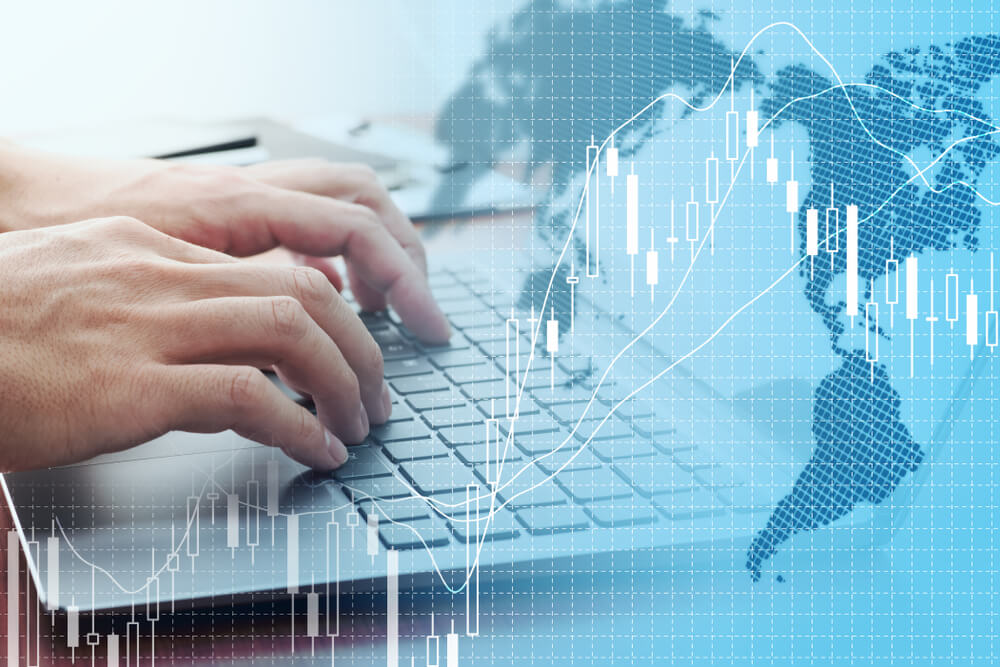
A Dealing Desk broker, also known as a Market Maker, facilitates trades for clients without engaging directly in the underlying market.
They quote prices based on market rates and typically take the opposite side of clients’ trades.
While this model provides liquidity for clients’ trades, it carries a high level of risk as the broker profits from clients’ losses. Moreover, trades are not executed in the real interbank market, raising concerns about potential conflicts of interest.
Therefore, traders must be cautious when starting trading with Dealing Desk brokers, especially in forex and CFD markets, where spread betting in regulatory bodies like the Financial Conduct Authority may not guarantee common and negative balance protection.
As a forex trader engaging in currency trading, it’s essential to be aware of the risks associated with trading Forex and carefully consider the implications of trading with Dealing Desk brokers.
No Dealing Desk Forex Broker
No Dealing Desk (NDD) brokers are very distinct from trading through a dealing desk, where the broker is likely to remain on the other side of your trade.
Here, they do not pass their clients’ orders through a Dealing Desk. Instead, they send those orders directly to the market. Orders such as liquidity providers, banks, other brokers, etc., are in this.
It implies that they do not take the other side of their clients’ trade, as to the contrary. They work by directly connecting two opposite parties.
Meanwhile, when there is no dealing desk, the company can only profit from the dealing spread per trade. They will need financial awareness of whether your trade profits or loses money.
You will have access to a high-liquidity pool full of competitive bids and ask prices, and you will know that whatever position you take, your broker is staying in line with you.
The No Dealing Desk model has three types of brokers:
- STP – Straight-Through Processing
- ECN- Electronic Communication Network
- DMA- Direct Market Access

Broker Execution Models:
Each type of broker, whether it’s online or traditional, offers different trade platforms and customer service levels.
Before making a decision, it’s crucial to understand that not all brokers are equal, especially in terms of leverage trading and catering to retail investors.
Straight-Through Processing (STP)
The STP is a method used by financial companies to speed up financial transactions by processing without manual intervention.
Electronic Communication Network (ECN)
The ECN broker is the ideal broker style among retail traders. Moreover, the ECN model is an electronic trading technology where all market members trade against each other by sending competing bids and offers into the system.
Direct Market Access (DMA)
DMA offers advanced traders more flexibility and transparency compared to traditional dealing methods like OTC trading. However, it’s important to remember that all brokers should meet certain standards.
To excel in forex trading, be vigilant and verify the authenticity of your broker, especially when dealing with currency pairs like EUR/USD. Protect yourself from scams by leveraging trading tools provided by online brokers, enhancing your ability to analyze and execute trades effectively.
Bottom line
Understanding the difference between Dealing Desk and No Dealing Desk forex brokers is crucial. Dealing Desk brokers act as market makers, while No Dealing Desk brokers offer direct market access. Traders should prioritize authenticity and protection against scams when choosing a broker.



